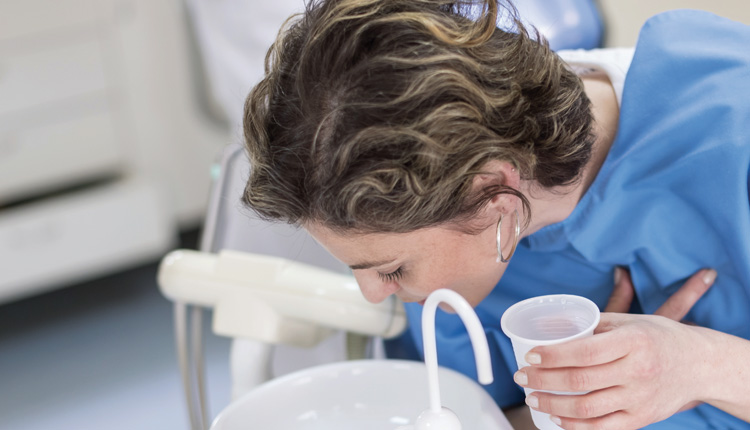- Brush twice a day with a fluoride tooth paste and floss once a day.
- Limit the intake of sugars and eat a balanced diet. Limit snacking.
- Children should never be sent to bed with a bottle or drink of juice or cordial as sugars left on teeth overnight will quickly attack teeth.
- Visit a dentist on a regular basis.
This involves more than just looking at the teeth. We examine all the hard and soft tissues of the head and neck, the temporomandibular joints (TMJs) and perform an oral cancer check routinely. We utilise the most modern and up-to-date equipment to help us accomplish this thorough examination.
A comprehensive examination establishes a baseline of where you are with your oral health. If there is a progression of disease, we can monitor it and minimise or avoid major problems occurring. We can present you with a dental health plan to meet your immediate and future needs, making sure you are fully aware of all the options available to you. We will support any option you choose as long as you are fully aware of the likely outcome of that choice.
Dental disease can be totally painless; it usually is only when it has reached an advanced stage that you notice there is something wrong. Just because you don’t feel pain, does not mean you are dentally healthy. A comprehensive examination will establish accurately, allowing you to repair problems sooner rather than later, as opposed to being too late.
Regular dental care works out far cheaper and easier in the long run. It is far healthier and cheaper overtime to maintain your teeth and gums and prevent the causes of tooth loss than it is to neglect your teeth and suffer pain and eventually undergo costly repairs down the road to restore your dental health.
Experiences as a child may become distorted by time and reinforced by outdated media presentation of stereotypes. Much has changed, thanks to technology and education, and dentists are skilled professionals in dealing with patients who are apprehensive about seeking treatment.
This will obviously be a team approach between you and your dentist and his/her staff. Communication is the key. You must feel comfortable expressing your fears and concerns and have a sense that you are being listened to.
We use Nitrous Oxide (Happy gas) which calms your nerves and is extremely effective for anxious patients.
-
- Other remedies include:
- Brushing and flossing twice a day to remove plaque and bacteria
- Be sure to brush your tongue as well as your teeth
- Gargle with an antiseptic mouthwash which fights oral bacteria
- Replace your toothbrush every 3 months at least
- Drink plenty of water
- Chew sugar free gum to stimulate saliva which washes away food particles and bacteria
At our practice, you may have noticed that every time you come in for your appointment, we ask you to rinse your mouth with a pre-procedural rinse for 1 minute. Many of our patients have asked us why they must do that.
4 HOURS is how long aerosols can remain suspended in the air after dental procedures.
Aerosols can also travel distances of up to 3 meters from the original source.
These suspended aerosols can linger past when protective equipment is removed and therefore can expose dental personnel and patients to infections.
When an effective procedural rinse is used, there is a mean reduction in the colony-forming units of 64.8% when compared with the control.
Therefore, help us minimize the risk of spreading infection through aerosols by agreeing to the Pre-procedural rinse.





